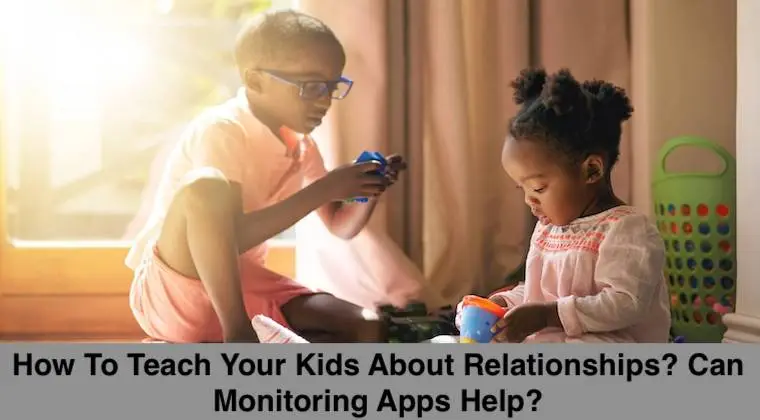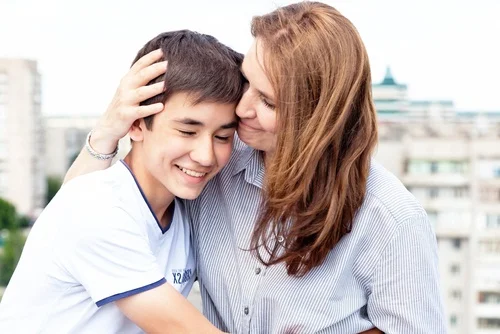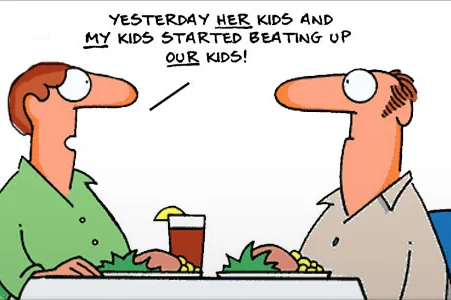+1 845 259 2974 (11 a.m to 7 p.m CST)
How To Teach Your Kids About Relationships? Can Monitoring Apps Help?

As parents, it's our job to guide our kids in many areas of life. One key area is relationships. Relationships shape a person's life in a big way. So, it's important that kids learn early on how to form good ones. They need to understand values like trust, respect, and open communication.
This leads us to an important question. Should parents monitor their kids' relationships? Is keeping an eye on their interactions a way to help or will it cause harm? Let’s explore the significance of relationships, the role of social media and internet in it, and the use of monitoring apps.
What is a Healthy Relationship?
A healthy relationship is like a strong house; it needs a good foundation. The main building blocks are trust, respect, and communication. Without these three things, a relationship can't be healthy or happy. Kids need to learn these basics so they can form good friendships now and strong partnerships in the future.
The main issue these days is that kids can make relationships on the internet as well. That means that the relationships they make might not be the ones that are valuable. Even if they form successful relationships, there is still a lot for them to learn about keeping them real and good.
Relationship on Internet and Media
For kids, the internet and social media are a crucial part of their lives. They think they cannot live without these platforms. This is how internet and media are affecting relationships for the kids:
- Media: TV shows, movies, and ads give kids a view of how to act with friends. But sometimes, this view is not real. It can make kids think they have to be cool to have friends.
- Online Platforms: Kids use apps and websites to chat with friends. They can share photos, send messages, and even do homework together. It's like a digital playground.
- Online Risks: Not everything online is good. There are risks like bullying, scams, and fake profiles. Kids might think someone is a friend when they're not.
- Misleading Media: Sometimes, movies and TV paint a fake picture of friendship. They may show friends who are always happy and never fight. That's not how real life is.
- Staying Connected: The internet makes it easy to keep in touch. Kids can send a quick text or make a video call. They can even play games together online.
- Face-to-Face: Talking in person is still important. It helps kids understand emotions and body language. It builds a deeper friendship.
- Parental Guidance: Parents should keep an eye on what kids do online. They should teach them how to be safe and how to be a good friend, both online and in real life.
When to Start Talking
The right time to begin relationship education varies for each child. However, the earlier you start, the better. Simple lessons can begin as young as age 3 or 4. As kids grow, the talks can get more complex.
Methods for Teaching
- Stories: Great for young kids. They simplify tough ideas into tales they can understand.
- Role-Playing: Allows kids to act out situations. Help them find good ways to react and solve problems.
- Discussions: Best for older kids. Let them ask questions and talk about their feelings and experiences.
Mixing these methods can make learning about relationships fun and effective. Whether it's a story at bedtime or a talk at the dinner table, the goal is the same. Teach kids what makes a relationship strong and healthy.
The Role of Monitoring
Monitoring your child's relationships can be a tricky path. Here's how it can help or hurt:
Pros of Monitoring
- Helps in Guidance: Watching your kids lets you step in when needed. You can correct bad behavior or suggest better ways to handle things.
- Can Catch Bad Signs Early: By keeping an eye out, you can spot red flags. This might be bullying or a toxic friendship that needs to be addressed quickly.
Cons of Monitoring
- May Lead to Trust Issues: Constant surveillance might make kids less trusting of you. They could feel like you don't believe in their judgment.
- Kids May Feel Invaded: Everyone values privacy, even kids. Excessive monitoring might make them feel like they're being spied on.
So, what's the best approach? Balance is key. A bit of monitoring can give valuable insights into your child's social life. But too much could create problems. Involve your child in the process and be open about your intentions. The goal is to help them form healthy relationships while respecting their growing independence.


















